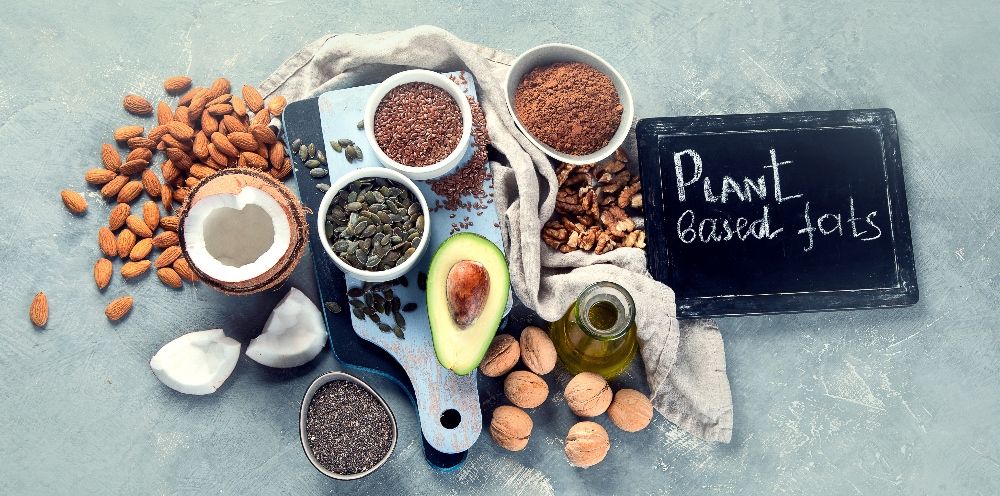The global landscape of dietary preferences is shifting, with plant-based meat substitutes gaining significant traction in various parts of the world.
A recent macro survey by Statista Consumer Insights highlights this trend, revealing that the United Kingdom and China are at the forefront of this movement.
As environmental concerns and health consciousness grow, these countries are leading a revolution in food consumption that emphasizes sustainability and ethical choices.
UK, China, and South Africa: Champions of meat alternatives
According to the survey, the United Kingdom has the highest percentage of consumers who regularly consume meat substitutes, with 18% of the population opting for plant-based alternatives.
This trend is driven by increasing environmental awareness and a growing preference for sustainable diets.
The UK’s leadership in this area reflects a broader societal shift towards more ethical and environmentally friendly food choices.
China and South Africa are not far behind, with 17% and 16% of their populations, respectively, embracing meat substitutes.
In China, this trend is particularly notable given the country’s traditionally meat-heavy diet, especially pork.
The shift towards plant-based alternatives in these countries is fueled by concerns over health, animal welfare, and environmental sustainability.
Source: Statista
Italy and India: Blending tradition with modernity
Italy and India, countries known for their rich culinary traditions, are also showing a strong adoption of meat substitutes, with 15% of the population in each country making the switch.
Both nations have long histories of vegetarianism and a strong emphasis on plant-based diets.
The growing acceptance of meat substitutes in these regions represents a harmonious blend of traditional cuisine with contemporary dietary preferences, demonstrating that even countries with deep-rooted food cultures are open to change.
Latin America: A gradual shift
In Latin America, Brazil is leading the way with 14% of its population consuming meat alternatives.
Despite being one of the world’s largest meat producers, Brazil’s shift towards plant-based products reflects a growing awareness of the benefits of healthier and more sustainable eating habits.
However, other countries in the region are slower to adopt these alternatives.
Argentina, Spain, and the United States all report a 12% adoption rate, indicating a cautious but emerging interest in diversifying diets.
Mexico lags with 11% of its population consuming meat substitutes, suggesting a more gradual shift in dietary habits.
Japan: Tradition holds strong
Japan presents a unique case, with only 5% of its population consuming meat substitutes.
This low adoption rate can be attributed to Japan’s traditional reliance on fish as a primary protein source.
The cultural preference for seafood over meat has shaped consumer behavior, resulting in a more conservative approach to plant-based alternatives.
Japan’s experience highlights how deeply ingrained cultural practices can influence the acceptance of new food trends.
Traditional meat consumption remains strong
While the trend towards meat alternatives is growing, traditional meat consumption remains strong across the globe.
The survey, conducted by Statista Consumer Insights between April 2023 and March 2024, shows that Japan leads in regular meat consumption, with 95% of respondents stating they consume meat regularly.
Argentina follows closely at 94%, where meat, especially barbecue, is a cornerstone of the country’s culinary identity.
Other countries with high meat consumption include Spain, Brazil, and Mexico, all at 92%, and South Africa and Italy, with rates of 89% and 90%, respectively.
The United States and the United Kingdom show slightly lower but still significant rates of 86% and 85%.
In China, 85% of those surveyed continue to consume meat regularly, reflecting the country’s meat-centric diet.
India stands out with only 53% of respondents reporting regular meat consumption.
This lower rate is largely due to religious and cultural practices that emphasize vegetarianism and plant-based diets, making India an outlier in global meat consumption trends.
The findings from this survey reveal a complex global landscape.
While there is a clear shift towards plant-based alternatives in some regions, traditional meat consumption remains deeply ingrained in others.
The growing interest in sustainable and ethical food choices suggests that the trend toward meat substitutes will continue to expand, but the pace of change will vary significantly across different cultures and regions.
For now, meat alternatives represent a growing, but not yet dominant, force in global dietary habits.
The post Global meat alternatives: China and the UK lead the shift towards plant-based diets appeared first on Invezz
